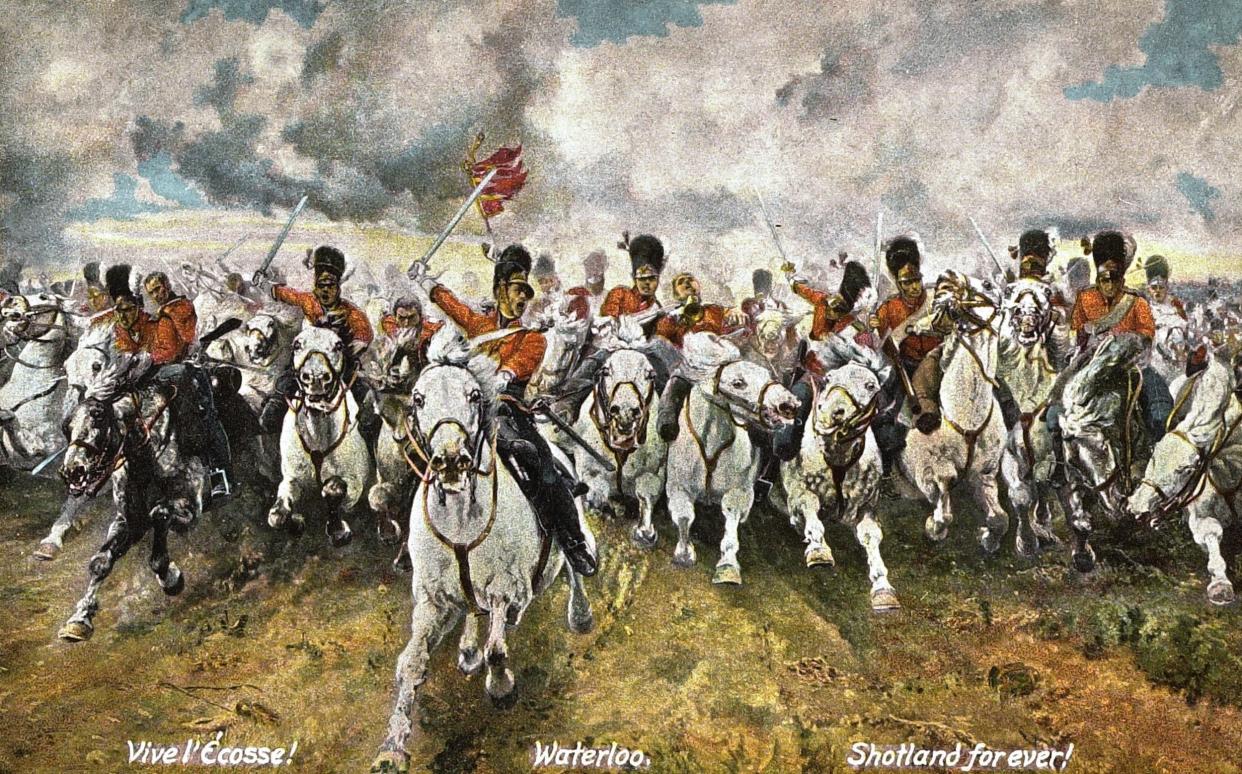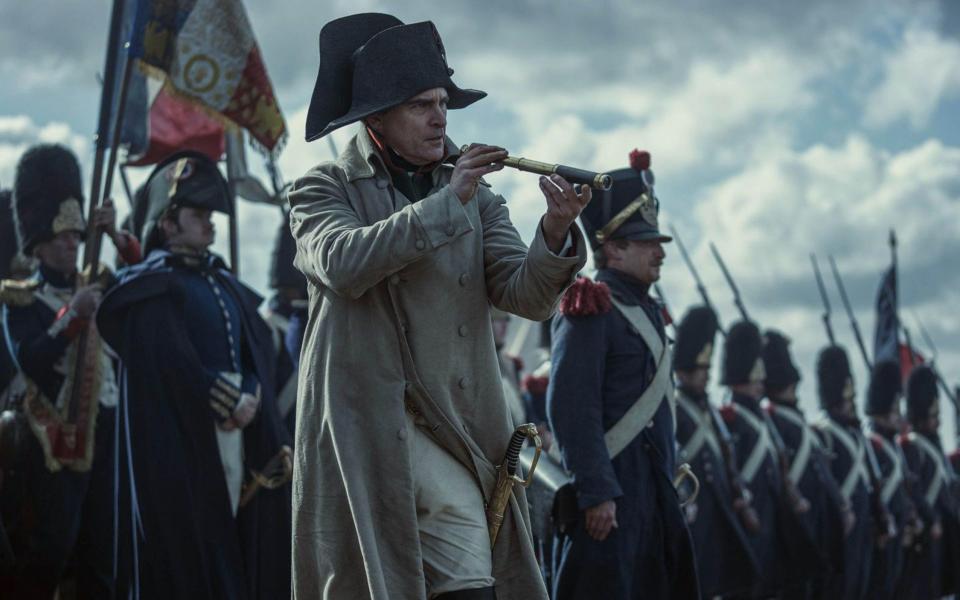Huzza! How the ‘British cheer’ helped Army to victory over the French

Generations of military historians have overlooked the importance of the “British cheer” in the victory against the French during the Napoleonic wars, according to a new book.
Author Paul Thompson’s evidence suggests that the British Army’s cheer was a valuable psychological weapon.
Soldiers yelled in unison a variety of words during battle including “hurrah” and “huzza”, as well as many similar terms such as “hooray”, “hussaw” and “huzzay”.
The cheer was never practised, although the men knew instinctively what to say, and when.
In his book, The British Cheer, Psychological Warfare in the Napoleonic Era, Thompson cites many accounts of soldiers referencing the cheer and its effect.
He said: “It is something that many military historians haven’t considered and others mention it in passing then move on to other things. It’s been overlooked.
“Reading through accounts, it surprised me just how often the cheer was mentioned and I concluded that there must be more to it.
“Its importance has been underestimated but the cheer is a potent example of psychological warfare.
“In terms of decibels it had a similar level as the artillery and men described it as ‘thundering’, ‘exhilarating’ and ‘thrilling’.

“French accounts acknowledge its potency and while they had their own cheer it didn’t have the same impact and couldn’t cancel out the British one.
“The words the British used had no meaning but were exclamations. The French shouted ‘Vive l’Empereur’.
“There is no evidence that the … cheer was ever practised or drilled and it seems to have been atavistic and spontaneous. It had been part of army life for a long time and just happened.
“Sometimes it was deployed tactically in a sequence of ‘volley-cheer-charge’ by officers who better understood its value.
“Napoleon certainly knew about the importance of psychological warfare but he did not hear the ‘British cheer’ until his defeat at Waterloo in 1815.
“He once said that ‘the moral is to the physical as three is to one’ – meaning the psychological element was three times more important than physical one.
“Assessing the effect of the cheer is difficult because it is an intangible, but more historians, especially in the US, are looking at the psychological aspects of warfare during this era.
“The ‘British cheer’ was an important weapon and without it we would have been a poorer fighting force.”
Thompson, who is a flute professor at Southeast Missouri State University in the US, believes his musical background might subconsciously have led to his interest in the “cheer”.
A loud shout
Examples in the book, published by Penn & Sword, include one from Judge Advocate General Francis Seymour Larpent, which he seems to have gleaned from Wellington. It refers to action at River Côa in 1810.
“The whole division set up a loud shout, so as to frighten a small party of French who did not know what was the matter, and ran away.”
Aeneas Anderson, of the 40th Foot, serving in Minorca in June 1800, wrote: “This firing was repeated twice, and followed by three cheers, whose loyal and animating sound, proceeding from the tongues and hearts of so large a body of British troops, produced an effect which my feeble powers are unable to describe.”
During the Waterloo campaign, Major Edward Macready wrote: “Halkett, as well as the noise permitted us to hear him, addressed us, and said, ‘My boys, you have done everything I could have wished, and more than I could expect, but much remains to be done – at this moment we have nothing for it but a charge.’
“Our brave fellows replied with three cheers. The enemy halted, carried arms, about 40 paces from us and fired a volley. We returned it, and giving our ‘Huzza!’ brought down the bayonets. Our surprise was inexpressible when, pushing through the clearing smoke, we saw the backs of the Imperial Grenadiers.”
Veteran William Surtees recalled the cheer at the Pyrenean Pass of Echallar in 1813, writing, “[The French] now began to get courage and made a show of advancing against us; they did so on the right of our 1st battalion, but my commanding-officer calling out to cheer our people, set up a shout, which had the effect of intimidating them, and they did not dare to advance.”

 Yahoo News
Yahoo News 
